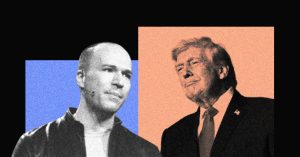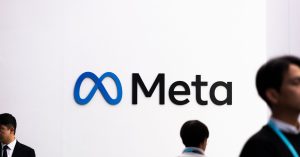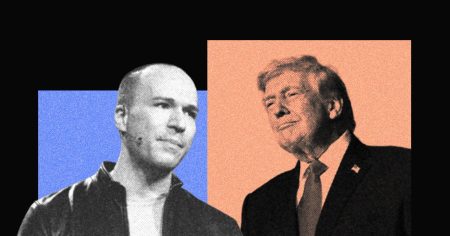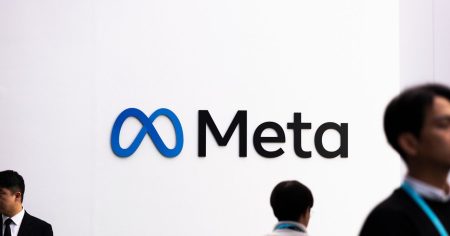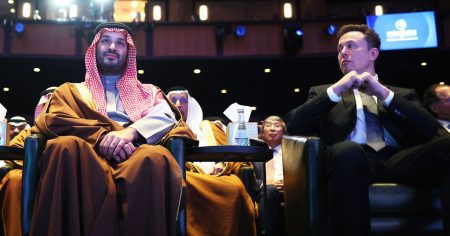Joe Santana is an advisor, author, speaker and CEO of Joseph Santana, LLC. He helps companies prepare for a diverse 21st-century workplace.
Did you know many of the specific phrases that diversity, equity and inclusion (DEI) organizations use—like underrepresented groups or people, people of color, BIPOC (Black, Indigenous, people of color), historically marginalized people or communities, affirmative action and equal opportunity—don’t resonate outside the United States when discussing DEI with colleagues in other countries?
That’s because many of these terms commonly used in American DEI groups originated in the U.S. to address specific human resource (HR) compliance and legal issues stemming from the United States’ unique history. However, as your company expands globally and tries to export this American-centric DEI approach, you may meet with resistance. In some countries, people point out to their American colleagues that they focus only on gender and that the term “people of color” means nothing to them.
In addition to the lack of a common global language, another challenge that often blocks the true economic impact of DEI efforts globally today is that DEI efforts are limited to addressing HR compliance needs. While Americans focus on helping HR show “good faith effort” in hiring underrepresented people in the United States, in other countries, the focus is often on helping the company meet mandates relative to human resources hiring of women. For DEI practices, this focus on only helping to meet HR needs is limiting and prevents the practice from truly driving top economic impact.
Going Beyond HR
As noted in an article by the HR association, SHRM, groups setting up a DEI practice must consult their local legal and HR groups to ensure their approach does not violate local laws. True.
However, with that caveat, we also want to ensure that DEI efforts are not limited to helping local HR meet the minimum requirements of those laws. In fact, several good arguments, such as the one in Alethea Fitzpatrick’s article titled, “Why DEI belongs outside HR, despite being critical to HR,” have made the case as to why DEI should be separate from HR so that it is not limited to only supporting HR interests.
So, the bottom line is that to truly drive global business impact through DEI in our increasingly global and diverse workforce and marketplace, these practices need a new language and broader goals beyond those offered by HR. So, how can we address this within our organizations?
A Proposal For New Language And Goals
Instead of “underrepresented groups” or “people of color,” I recommend global DEI offices use “undersupported people.” This term transcends geographic boundaries and can be applied to any dimension of diversity worldwide, whether they’re women or BIPOC, disabled and LGBTQ people in the United States; Roma and Muslim people in Europe; or Dalit people in India; or any group in any part of the globe.
This phrase describes the target as any excluded group without tying itself to any specific demographic. It also drives the user to think beyond what is legally required for HR compliance in their part of the world. It presents a question that encourages them to look around their workforce and marketplace and ask, “Who is undersupported?”
Now, armed with new language that broadens our practices and embraces people around the world, let’s look at how we can redefine the goals of this global DEI practice for maximum business impact.
I recommend making the goal to drive equity and inclusion for undersupported people to fully leverage the entire workforce to the maximum level and expand the company footprint by serving emerging and undersupported markets. This approach is broad enough to embrace a global organization, yet specific and business-centric (versus only HR-centric).
It aims to boost the organization’s economic performance, making it a top-tier employer and provider globally. At the local level, each DEI effort can adapt its local strategy and tactics to regional needs. Collectively, when everyone focuses on enhancing the organization within their region, the result is an overall increase in global proficiency.
Helping HR Meet Its Goals
Naturally, the overall business needs are our key focus, but that does not mean we ignore HR. So, how do we help HR? HR compliance needs vary based on local laws and conditions. In the U.S., this might include a focus on women, Native Americans, and Black, Asian and Latinx people. In contrast, some European regions may focus solely on women.
However, while meeting HR compliance alone falls short of what’s needed to excel in the global, diverse business landscape of the 21st century, I think companies addressing broader global DEI issues will easily meet or exceed all HR compliance expectations.
In other words, corporate DEI practices cannot help their companies meet the economic growth demands placed on these organizations by their investors and donors simply by meeting HR compliance needs, but DEI leaders who pursue higher-level goals that drive forward business prosperity will meet or exceed HR compliance requirements while driving economic impact.
Elevating DEI
By adopting a new language and a more expansive vision, we can elevate DEI from a practice that exists as a mere local HR compliance necessity to a potent force driving global economic and cultural success for our organizations. And this redefinition doesn’t sideline the HR organization’s needs; it merely unleashes the powerful economic impact of DEI to support all the organization’s objectives across the globe more holistically.
For those of you still concerned about what this means for HR, consider HR needs as leaves on the treetops and DEI business impact as hitting the bullseye on the moon. Aim for the global business-impacting bullseye on the moon, and you’ll naturally hit all those HR compliance goals as you zoom higher into the sky.
I trust you will find that by making these changes in language and goals, your DEI practice can make a difference that transcends borders and local requirements, benefiting employees, investors and all stakeholders in your organization. So don’t wait; the time to redefine DEI for a truly equitable, inclusive and globally impactful future is now.
Forbes Business Council is the foremost growth and networking organization for business owners and leaders. Do I qualify?
Read the full article here

